Protests turn deadly as the Islamic Movement of Nigeria clash with police
- by Farouk Ahmed, RNG247
- about 9 months ago
- 125 views
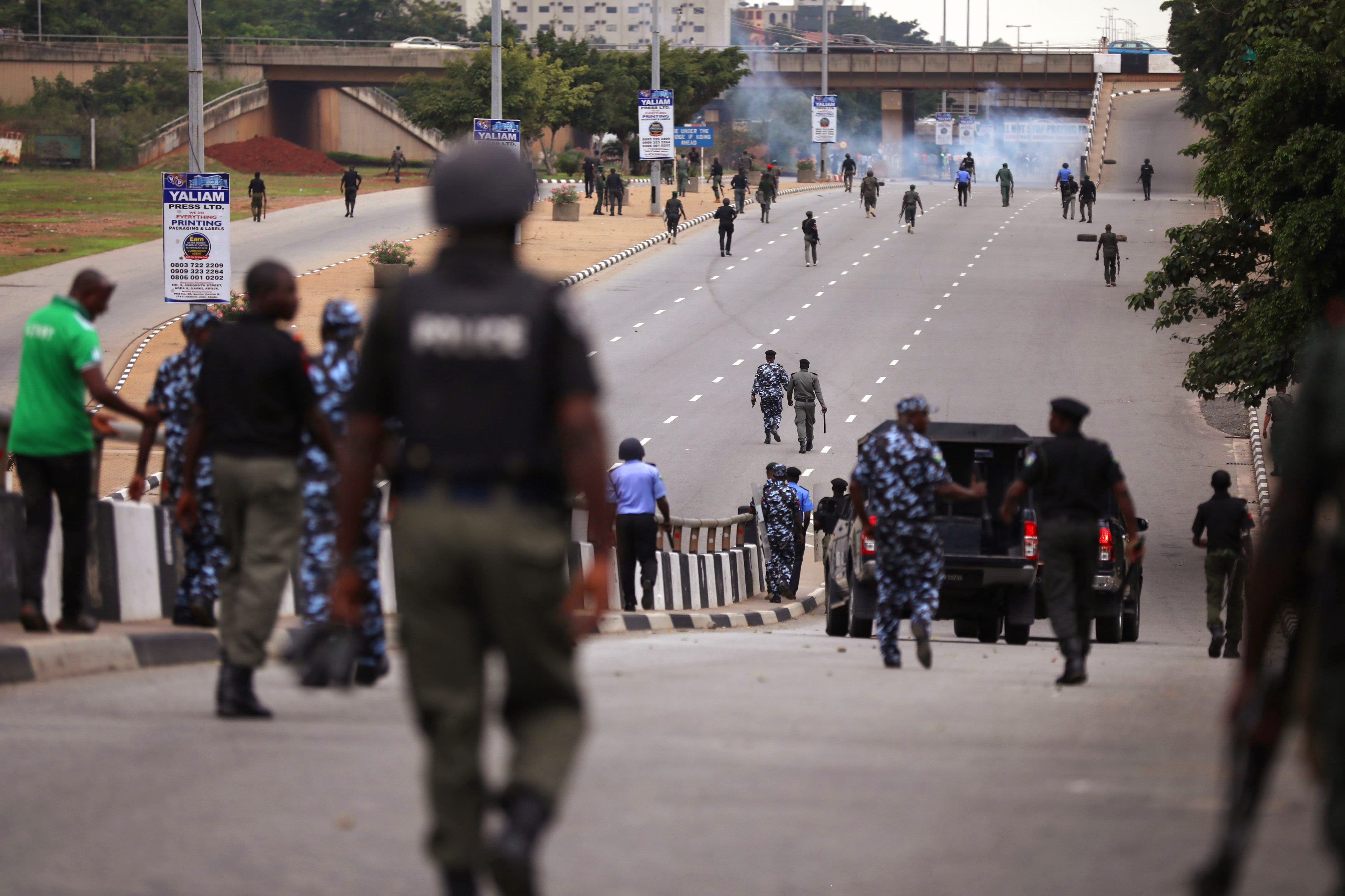
In a dramatic escalation of unrest, Nigerian police reported on Saturday that they were subjected to heavy gunfire during protests in the capital, Abuja, a day earlier. The violence erupted as Shi'ite Muslim protesters clashed with security forces, leading to several fatalities and highlighting the ongoing tensions surrounding the banned Islamic Movement of Nigeria (IMN).
The IMN, which calls for the peaceful establishment of an Islamic state in Nigeria, organized a march on Friday to express solidarity with Palestine. What began as a peaceful demonstration quickly spiraled into chaos as members of the group confronted soldiers and police in the Wuse 2 area of Abuja.
Authorities condemned the protesters, accusing them of launching a "violent assault" on security personnel equipped with firearms. Josephine Adeh, the police spokesperson for Abuja, stated, "Police and security personnel encountered intense gunfire from the attackers, resulting in the serious injury of three security operatives." She confirmed that one member of the security forces died during the encounter, and 19 individuals connected to the violent protests were apprehended.
Social media platforms were abuzz with videos showing demonstrators waving Palestinian flags and hurling stones at military vehicles amidst the sounds of gunfire, painting a stark picture of the clashes.
Sidi Munir Sokoto, a senior member of the IMN, accused the military of provoking the violence, asserting that the protest was intended to be peaceful. "This was the military. The (military) leadership must explain why this happened," Sokoto demanded, suggesting a death toll of five among the protesters.
As the situation unfolds, calls for accountability grow louder. Isa Sanusi, the head of Amnesty International Nigeria, emphasized the need for an impartial investigation into the incident. "The army used live ammunition on the protesters. It appears they approach IMN protesters always with the intent to kill," Sanusi stated, echoing the concerns of many regarding the tactics employed by security forces during such confrontations.
The Nigerian military has not yet issued a response to the allegations, leaving questions about the nature of their engagement with the IMN and the broader implications for civil unrest in the nation. As tensions remain high, both the government and the military face scrutiny over their handling of the situation amidst growing calls for justice and accountability.



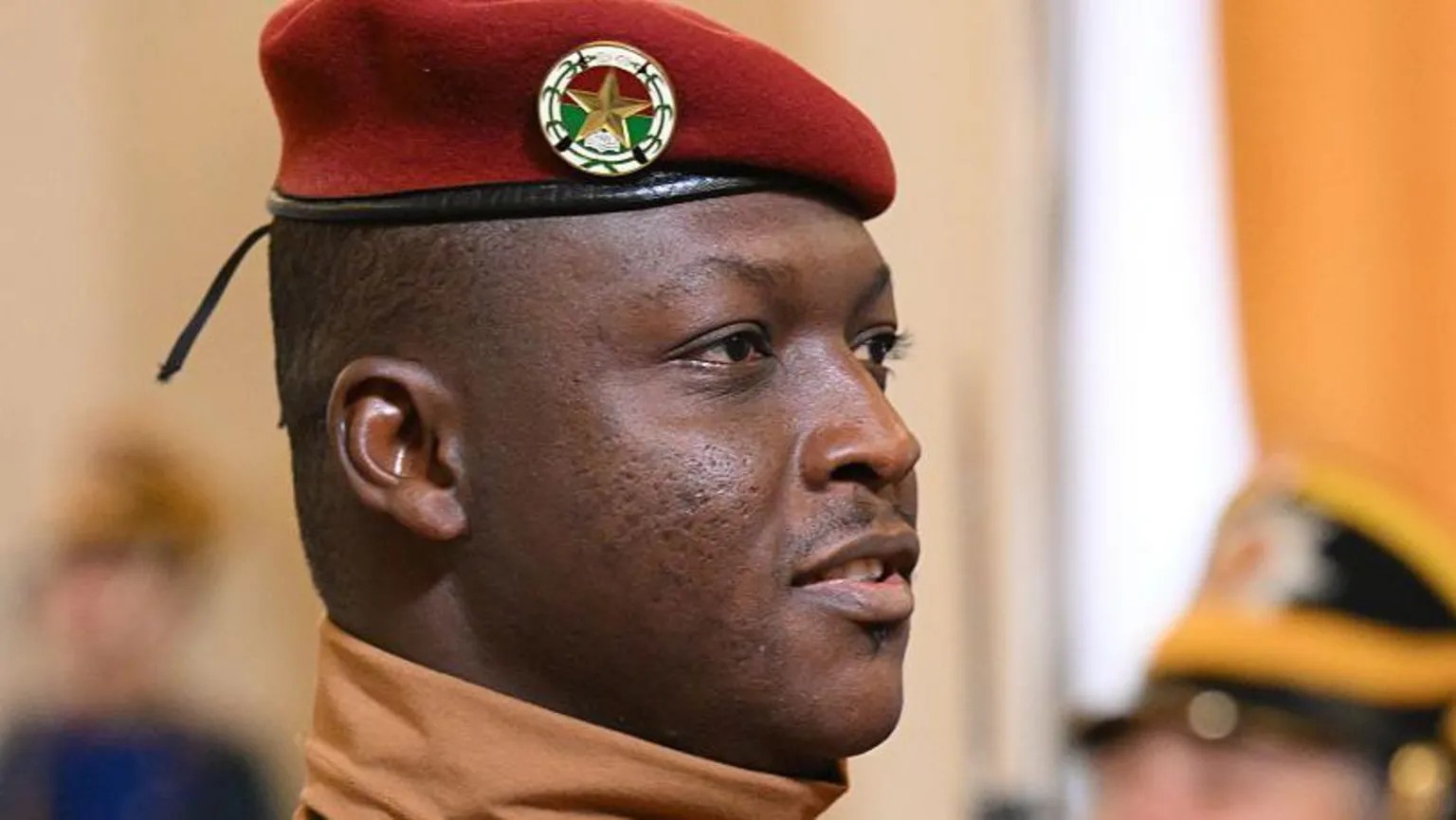
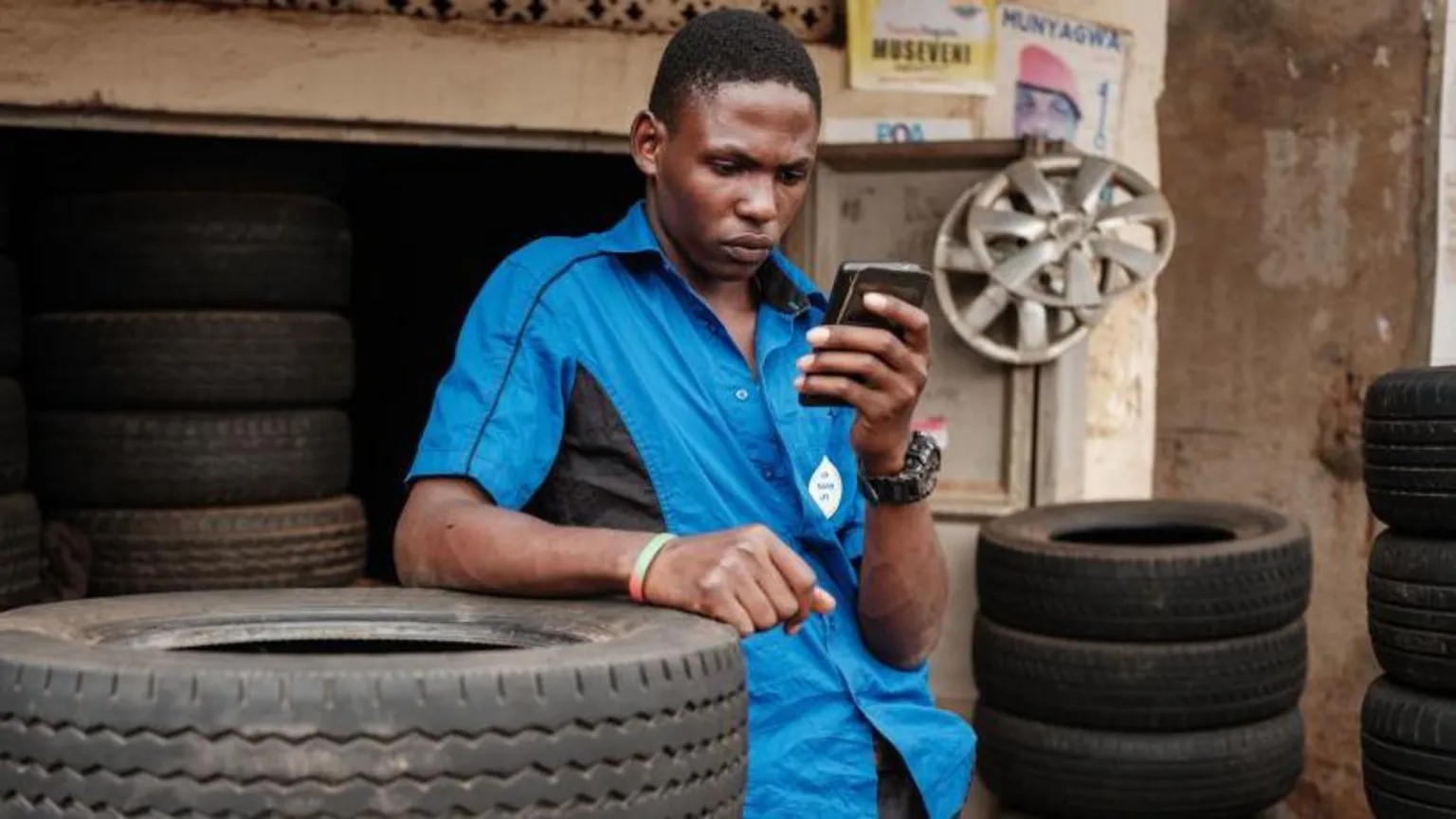
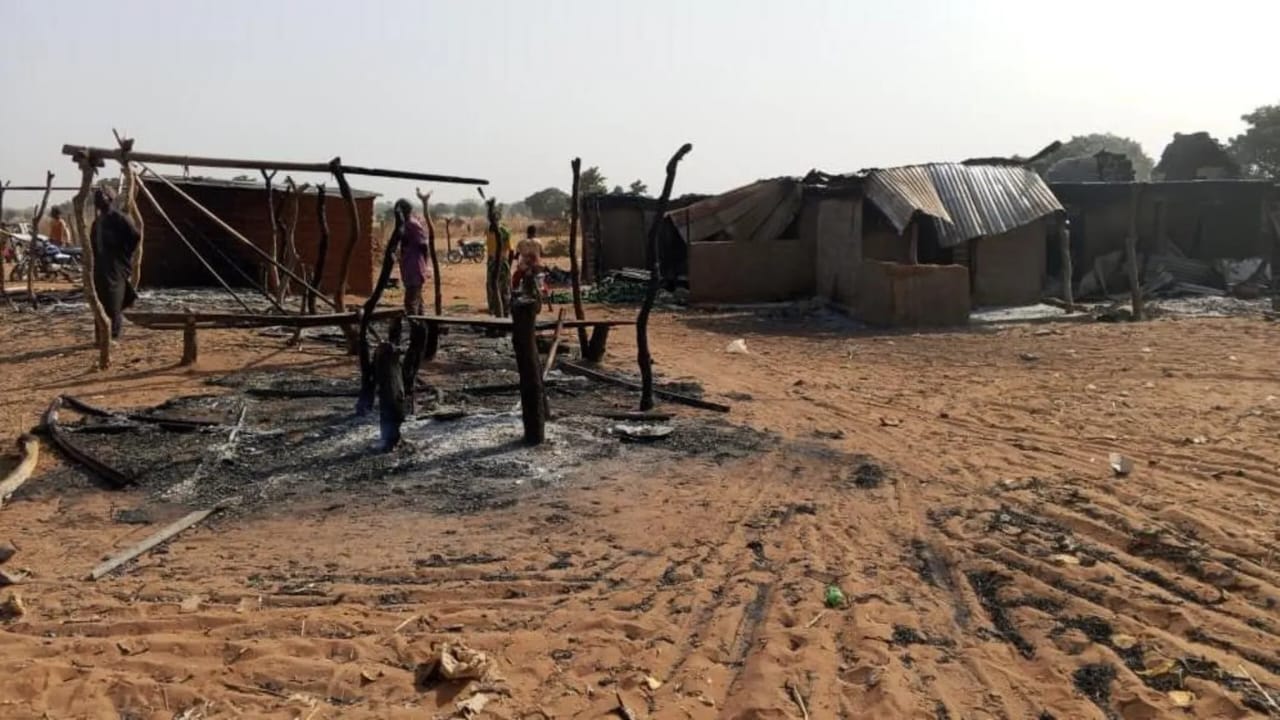
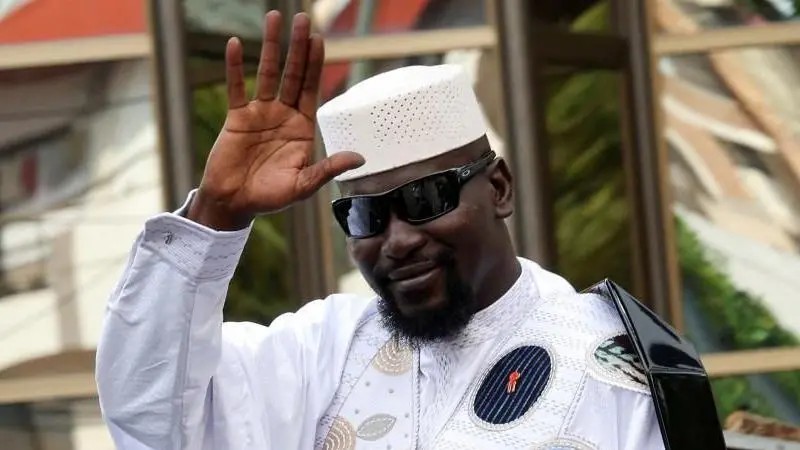
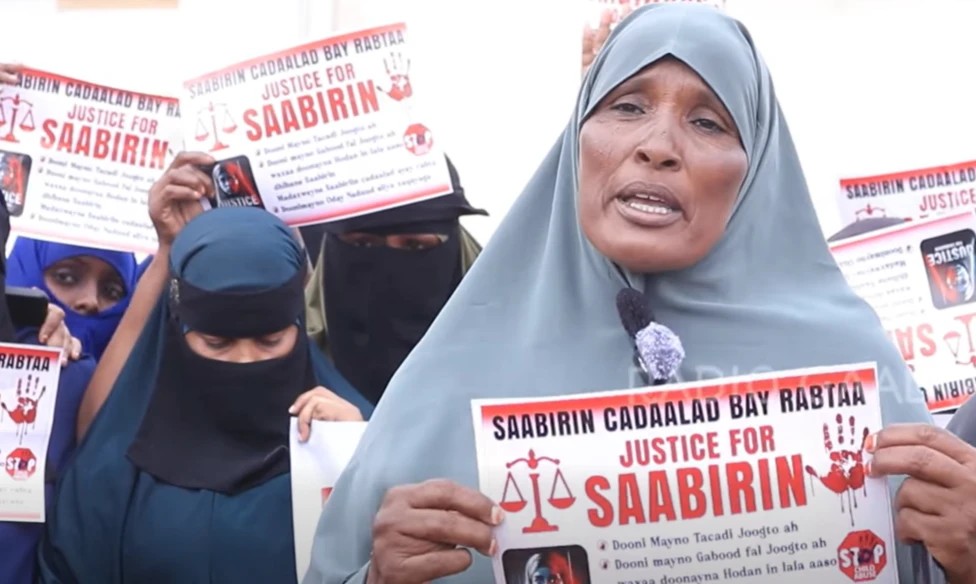
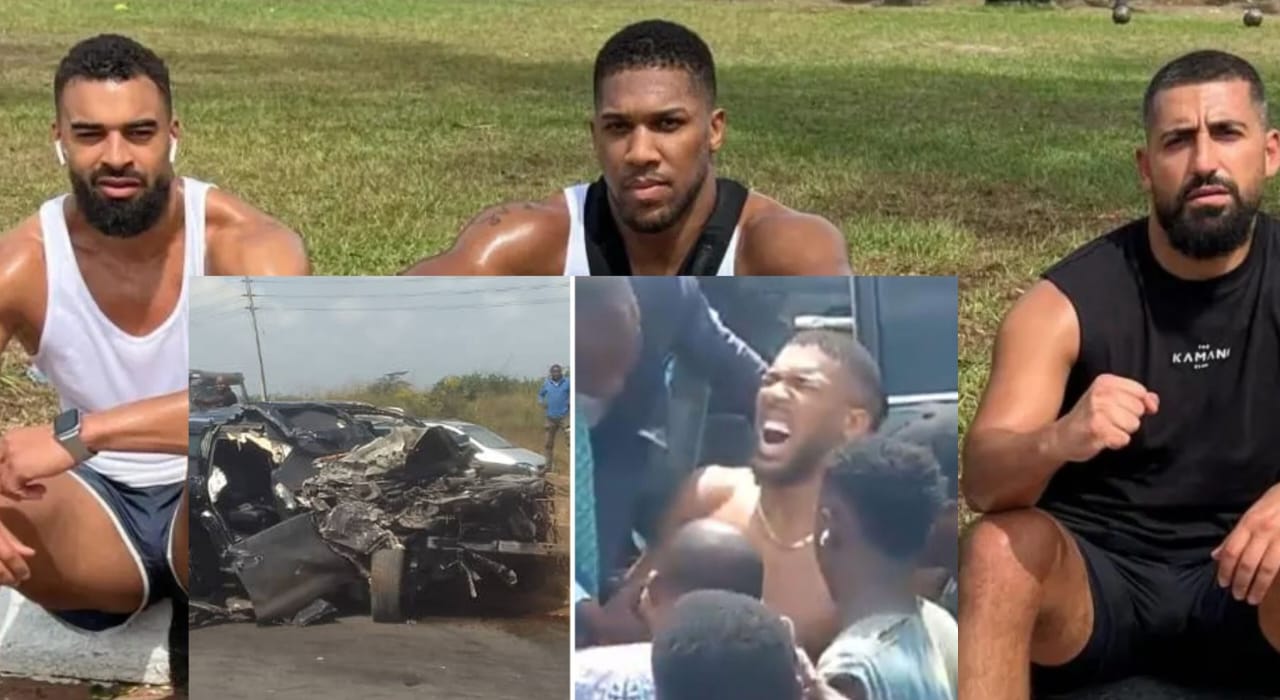
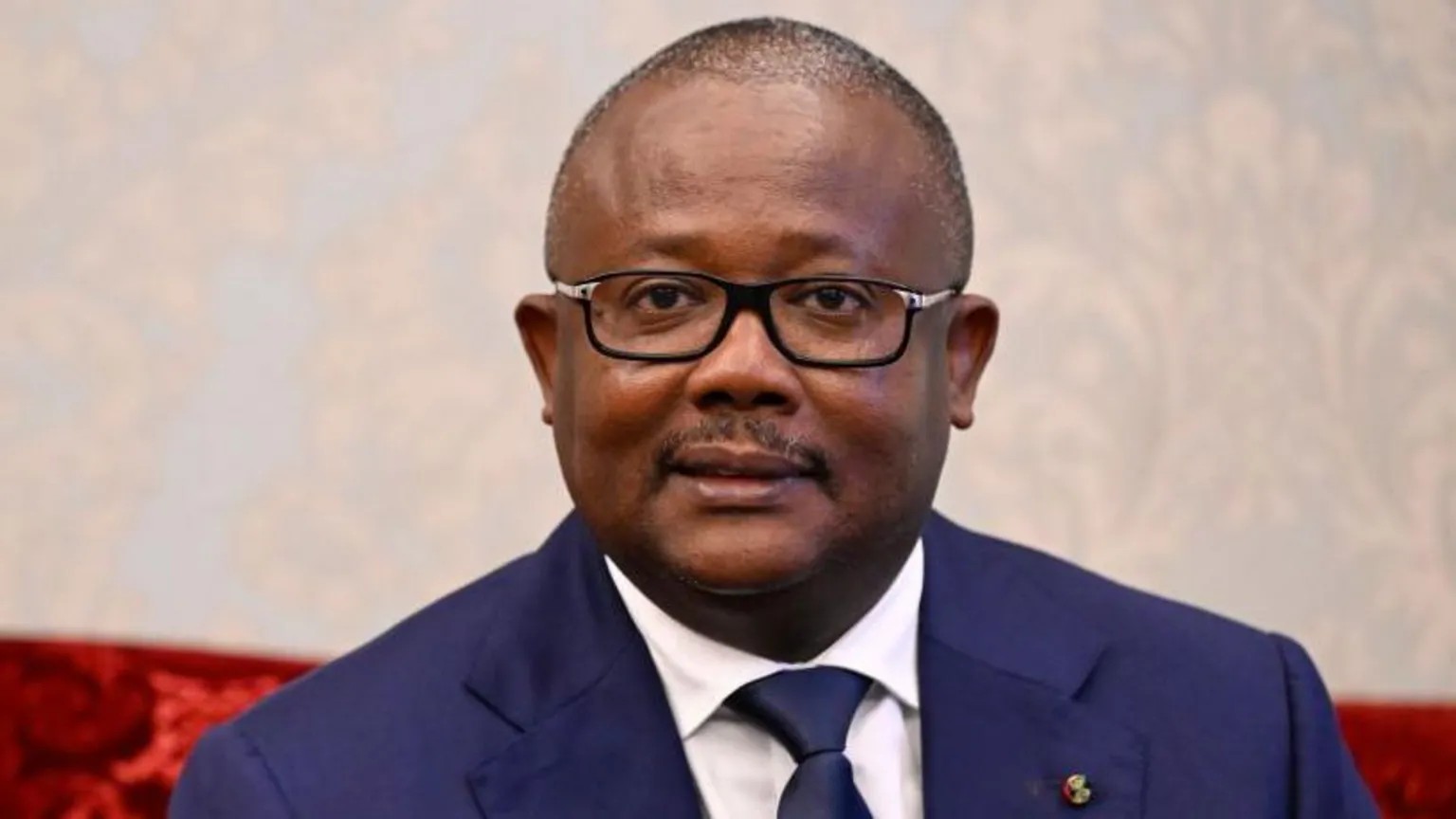
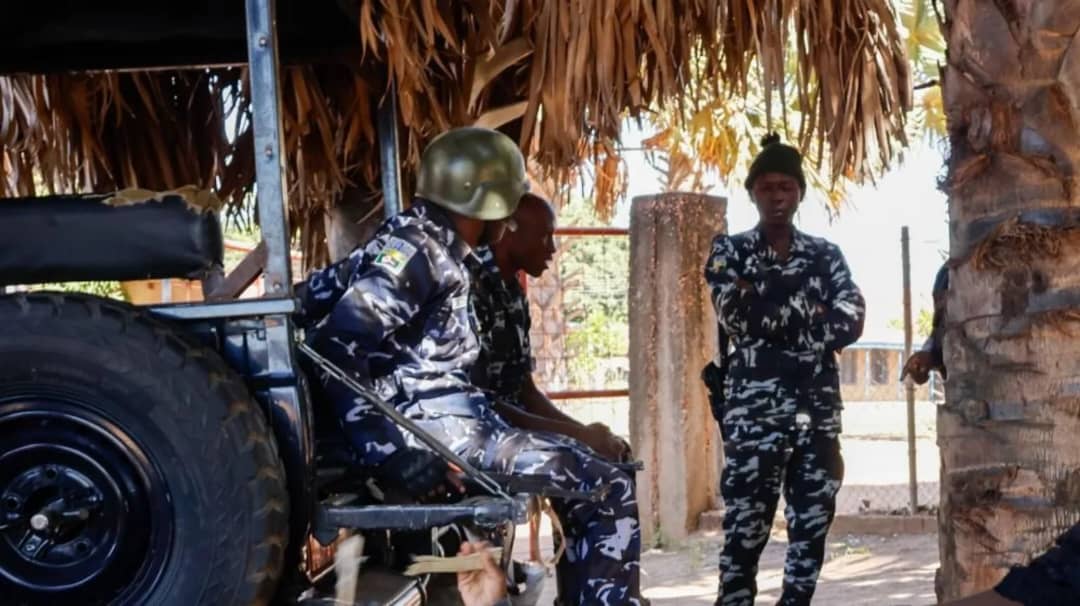
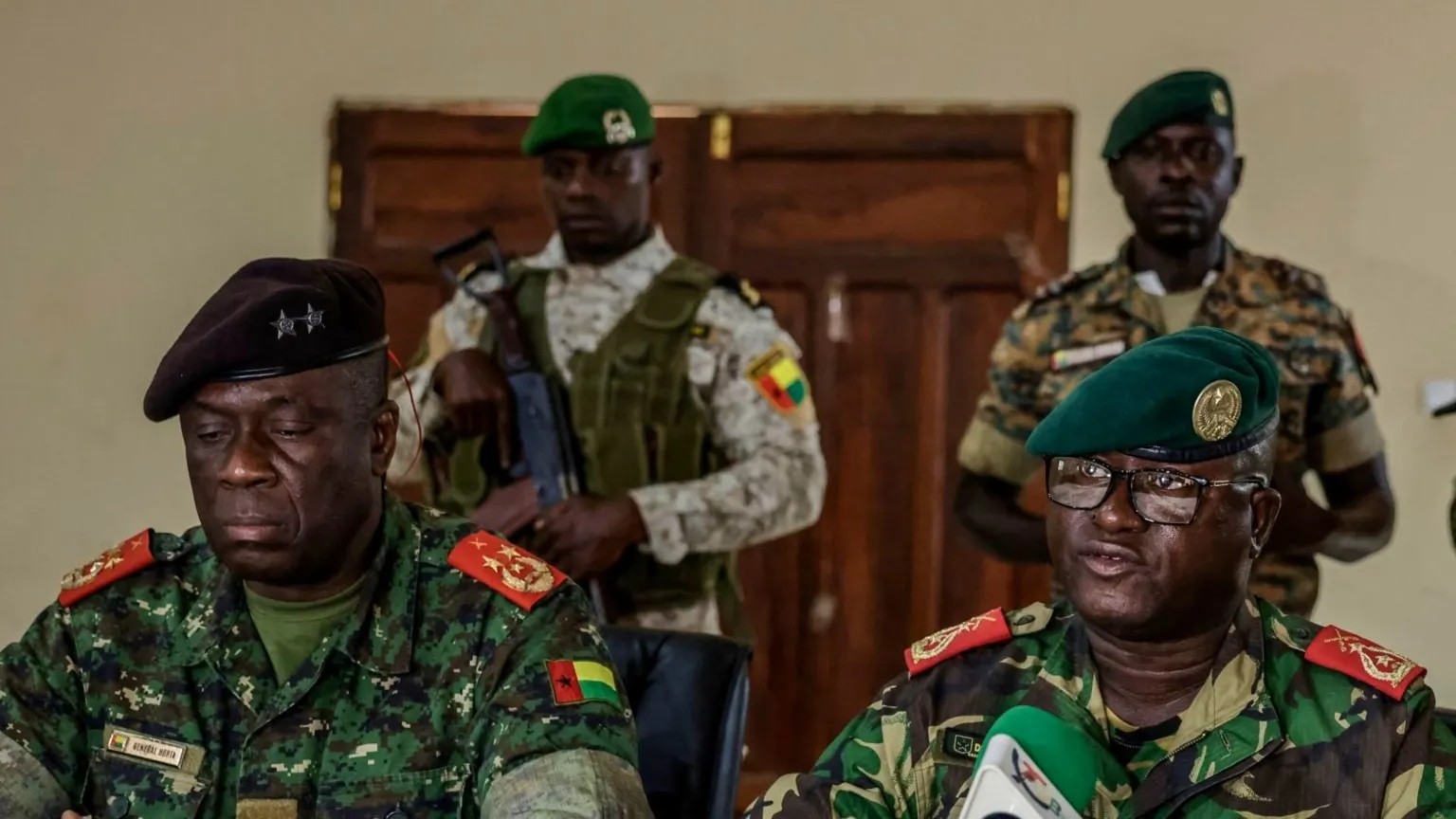
.jpg)
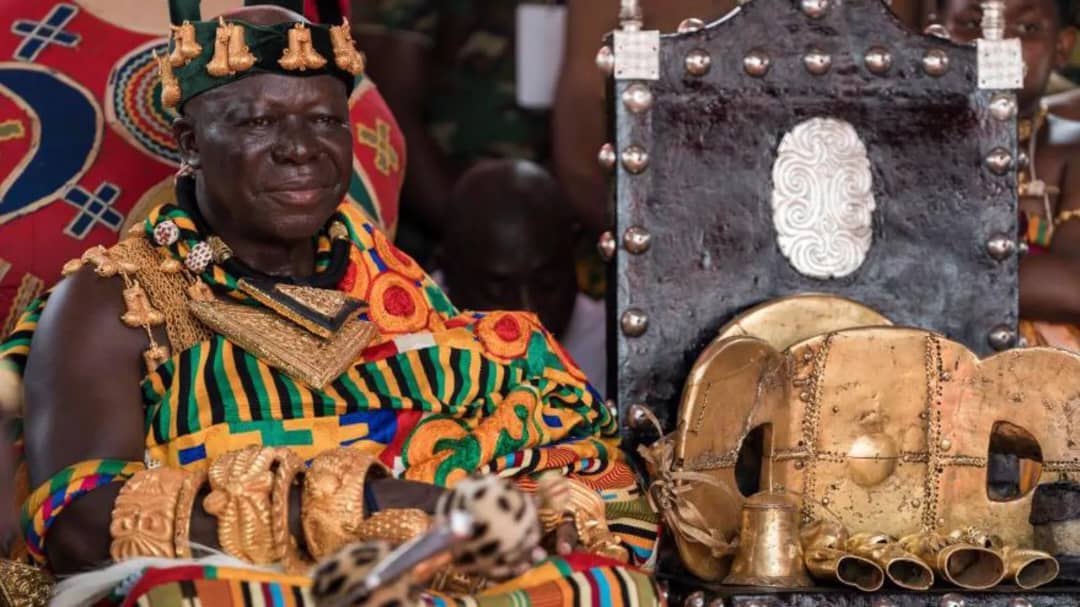


0 Comment(s)